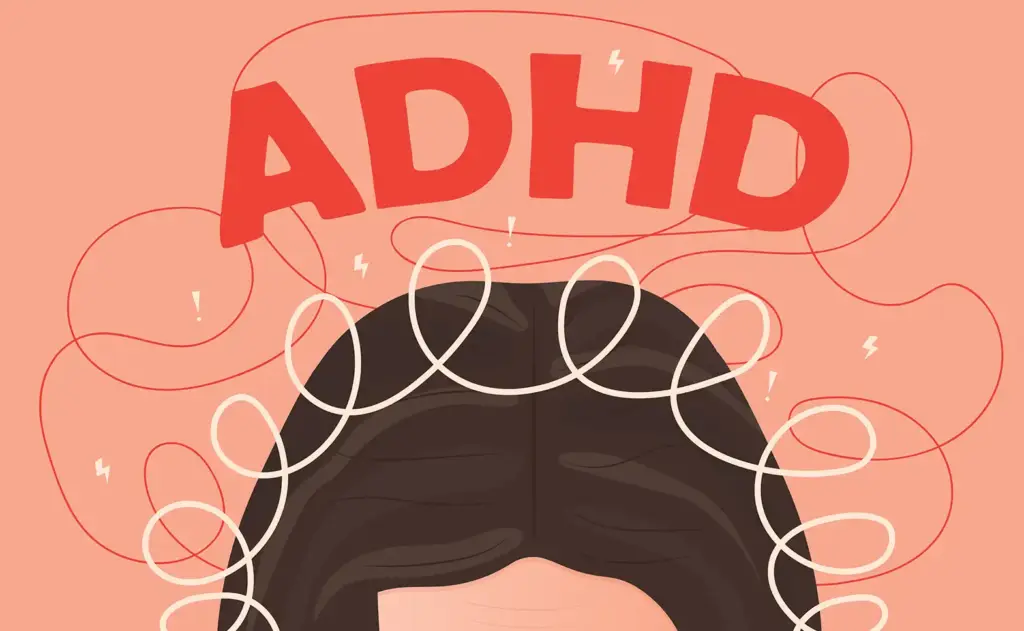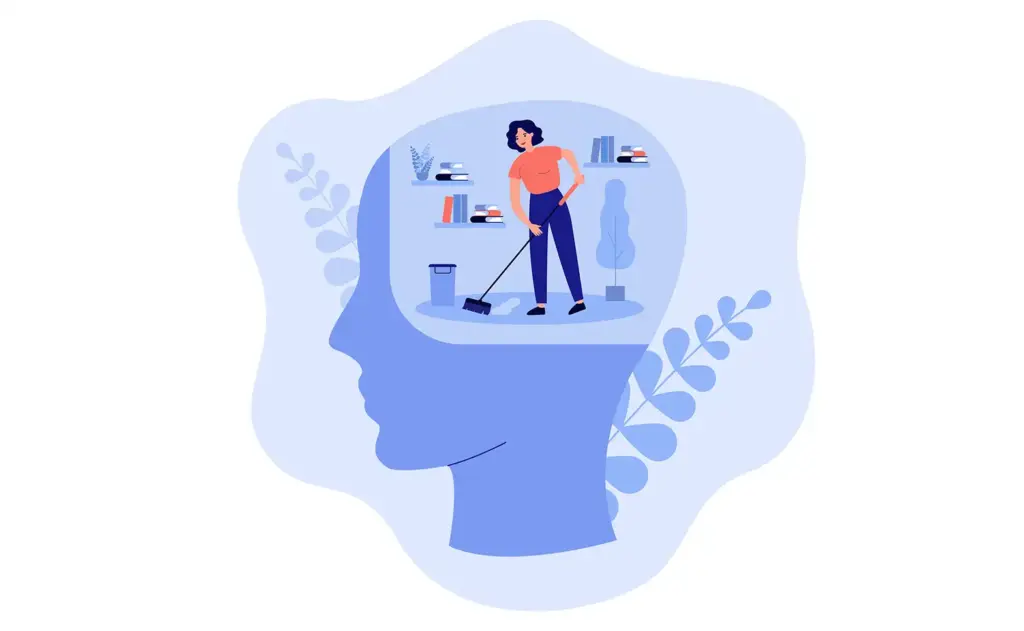A Tidy Space, a Calmer Mind
Have you ever noticed how much better you feel after cleaning your home? It’s not just in your head — research increasingly shows a strong connection between cleaning and mental health. A well-organized space can help improve your mood, boost focus, and reduce stress. In this article, we explore the psychology of cleaning, backed by studies and data, to uncover how keeping your environment clean can improve your mental well-being.
What the Research Shows
A recent study found that 96% of participants felt more productive and motivated after cleaning, and 91% experienced positive mental health effects. These findings reinforce what many have long suspected: that our external environment directly affects our internal state.
Another study published in the Personality and Social Psychology Bulletin revealed that people who described their homes as “cluttered” or “chaotic” were more likely to experience higher levels of cortisol, a stress hormone. In contrast, those who described their homes as “restful” reported lower stress and better emotional balance.
When building your cleaning arsenal, consider every corner of your home that might need attention. With a little preparation, the cleaning process becomes more efficient and far less overwhelming.
Why Cleaning Helps Your Mental Health
Understanding the psychology of cleaning explains why it feels so beneficial. Here are the core psychological reasons:
Sense of Control
A clean space offers a sense of control, especially during uncertain times. When life feels chaotic, organizing your environment can help you regain emotional stability.
Visible Progress and Instant Gratification
Few tasks offer as much immediate visual reward as cleaning. Seeing a transformed room gives your brain a dopamine boost, which elevates mood and motivation.
Mindfulness and Focus
Repetitive cleaning tasks like folding laundry or wiping surfaces can induce a flow state — a focused, meditative mindset that reduces stress and anxiety.
The Hidden Stress of Clutter
Clutter isn’t just unsightly — it’s mentally exhausting. Visual disorganization demands attention, reducing your brain’s ability to process information efficiently. Over time, this constant low-level stress can lead to:
- Poor concentration
- Irritability
- Sleep disruption
- Higher anxiety levels
By contrast, the benefits of a clean home include improved focus, better sleep, and reduced stress — all crucial for maintaining good mental health.
Cleaning as a Form of Self-Care
When you take time to clean and organize your home, you’re also caring for yourself. This act of self-respect reinforces your value and well-being.
Cleaning mental health experts emphasize that regular tidying:
- Increases self-esteem
- Creates a sense of routine
- Promotes emotional regulation
- Encourages healthy habits like cooking or exercising
Even small tasks, like making your bed or clearing your desk, can reset your mind and set a positive tone for the day.
Can Cleaning Help With Depression?
For individuals dealing with depression, cleaning may feel overwhelming. However, behavioral therapists often encourage patients to start with very small tasks. These actions can trigger what’s known as behavioral activation — a cycle where small achievements lead to improved mood and more action.
Starting with just five minutes of tidying can:
- Break mental paralysis
- Provide a sense of control
- Encourage further engagement in self-care activities
Social Benefits of a Clean Home
A tidy home also improves relationships. Clutter can lead to tension with roommates or family members, while a shared commitment to cleanliness fosters harmony and mutual respect.
Some key clean home benefits include:
- Reduced arguments and stress within households
- Greater comfort when inviting guests over
- Support for consistent daily habits
A clean environment promotes a sense of pride and calm that can extend to your social life and interactions.
When Cleaning Becomes Harmful
While cleaning can be therapeutic, it’s important to recognize when it becomes compulsive. For those with OCD or anxiety, cleaning may feel more like an obligation than a benefit.
If you:
- Feel anxious when things are not perfectly clean
- Clean excessively to calm intrusive thoughts
- Experience distress over minor messes
…it may be helpful to speak with a mental health professional. The goal is to support well-being, not add to stress.
How to Incorporate Cleaning Into Mental Wellness
Here are a few research-backed strategies for using cleaning as a mental health tool:
Break it into small tasks
Instead of tackling your whole home, focus on one drawer, shelf, or corner. This prevents overwhelm and builds momentum.
Use time blocks
Set a timer for 15–20 minutes of focused cleaning. Short, regular intervals are more effective and sustainable than long, exhausting sessions.
Build it into your routine
Link cleaning to an existing habit — like tidying the kitchen after breakfast — to make it automatic.
Let in natural light
Open windows and clean during the day. Sunlight boosts mood and enhances the calming effects of tidying.
Conclusion: Your Space Reflects Your State of Mind
Cleaning isn’t just a physical act — it’s an emotional reset. The science is clear: a clean environment supports mental clarity, emotional stability, and overall well-being. Whether you’re looking to reduce stress, boost productivity, or simply feel more in control of your life, cleaning is a powerful — and free — tool to start with.
So the next time you’re feeling anxious or unmotivated, consider picking up a cloth or clearing a shelf. Your mind just might feel lighter afterward.

